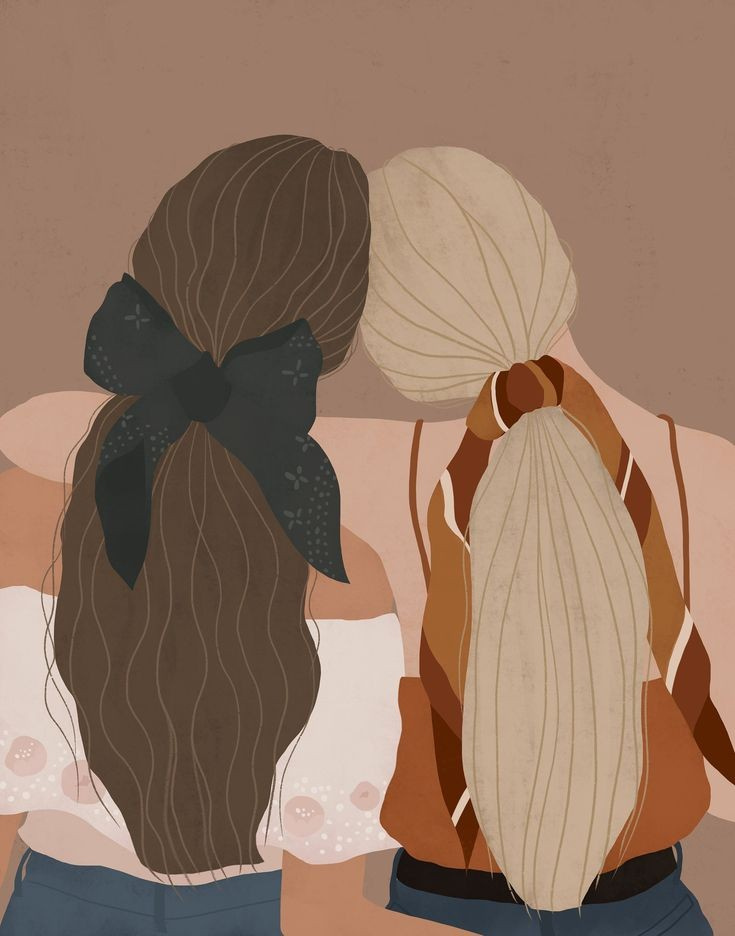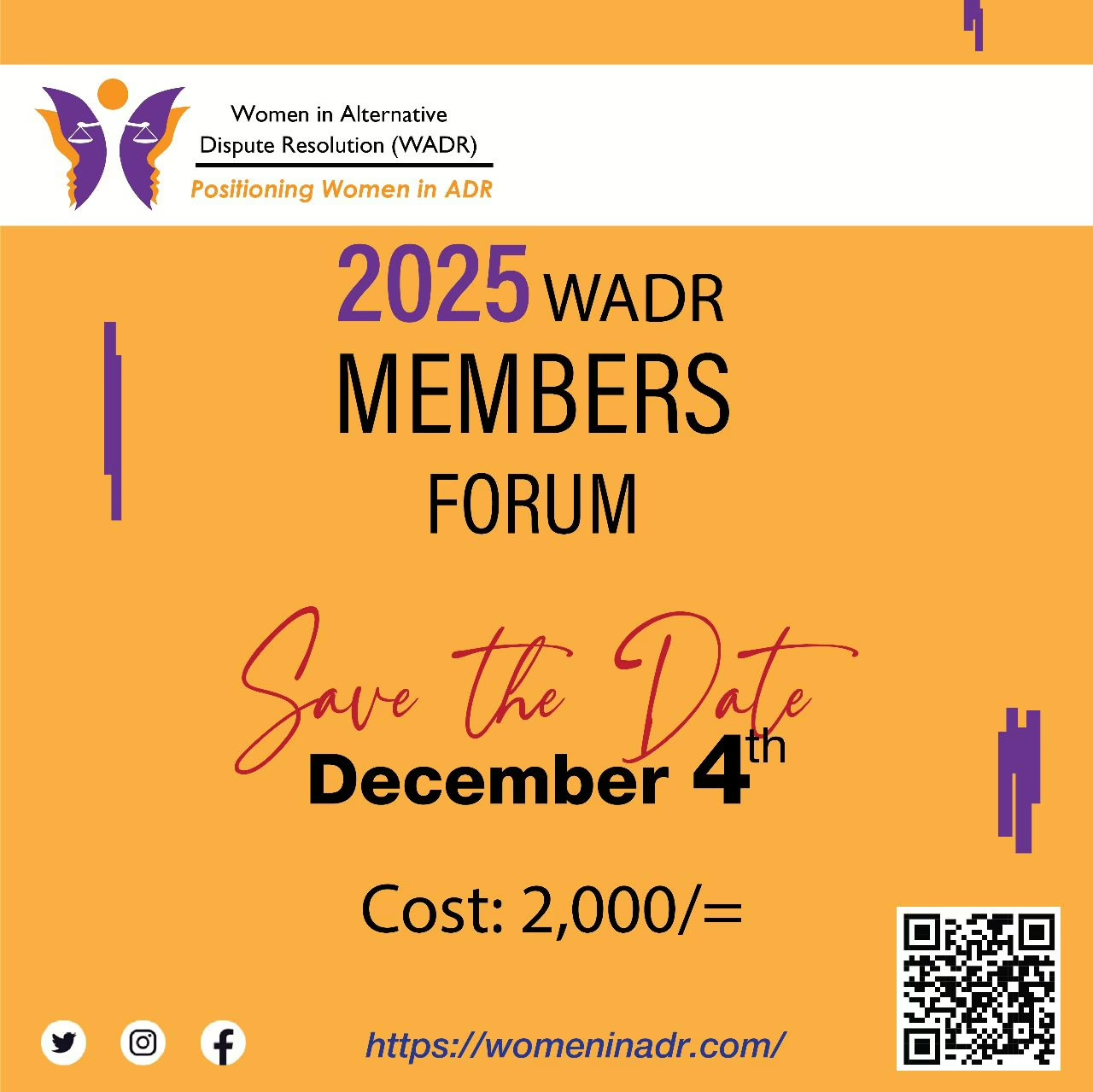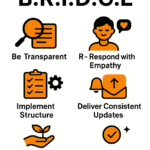In the heart of Kenya’s vibrant culture and breathtaking landscapes lies a critical issue that underscores the essence of human rights for girls: the provision of sanitary towels. While the world witnesses advancements in various domains, the basic human right to dignity remains compromised for many young girls in Kenya due to inadequate access to sanitary products. This essay delves into the intersection of human rights law and the provision of sanitary towels for girls in Kenya, highlighting the urgency to address this disparity and ensure the realization of fundamental rights.
The Dignity Deficit
Human rights, the bedrock of just societies, embody the inherent worth and equality of every individual. Among these rights, the right to dignity stands as a cornerstone, ensuring that no person is subjected to degrading or inhumane treatment. However, for countless girls in Kenya, the absence of access to sanitary towels undermines this very principle. The indignity of not being able to manage their menstrual hygiene due to financial constraints infringes upon their sense of self-worth and equality. This deprivation fuels cycles of exclusion, perpetuating gender disparities and impeding girls’ educational pursuits and overall well-being.
Seeing as this is a huge topic of discussion across the country, several people and organizations have tried to fill in the gap by providing sanitary towels to girls in school to simply ensure that they do not miss out on the fundamental right to education due to regular bodily functions. This however has not gone without a few people riding on this topic to boost their public image or acquire overnight fame across the county while making many promises which most times end up being empty.
Educational Hurdles and Equality
Education is a catalyst for societal progress, and its access should be equitable for all, regardless of gender. Yet, the lack of sanitary towels poses a significant barrier for girls attending school. The fear of leaks and the stigma associated with menstruation often force girls to skip school during their periods, leading to missed educational opportunities and reinforcing gender-based inequalities. Addressing this challenge is not only an obligation under human rights law but also a strategic imperative to empower future generations of women who can contribute to Kenya’s growth and development.
Empowering Through Awareness
Menstrual health is an integral aspect of women’s lives, yet it has often been stigmatized and overlooked. In Kenya, many girls miss school during their menstrual cycles due to the lack of access to sanitary towels and proper facilities. This interruption in education perpetuates a cycle of inequality, hindering their opportunities for personal growth and economic empowerment. Human rights law obliges states to ensure equitable access to education without discrimination, making the issue of sanitary towels a crucial touchstone for examining Kenya’s compliance with international standards.
Awareness campaigns play a pivotal role in breaking down taboos and normalizing discussions about menstruation. By initiating open dialogues within families, schools, and communities, the stigma attached to menstruation can be dismantled. When girls understand their bodies and rights, they are better equipped to advocate for their needs and challenge societal norms that perpetuate inequality.
Human Rights Law and International Commitments
The Universal Declaration of Human Rights, adopted by the United Nations in 1948, enshrines the principles of dignity, equality, and freedom for all individuals. This declaration forms the cornerstone for modern human rights law. Kenya, as a signatory to numerous international treaties, has committed itself to safeguarding human rights, particularly those of women and girls. However, the challenge remains to translate these commitments into tangible actions that address the practical needs of the population, such as access to sanitary towels.
Kenya, like many nations, has also ratified international conventions that uphold human rights, including the Convention on the Rights of the Child and the Convention on the Elimination of All Forms of Discrimination Against Women. These commitments underscore the state’s responsibility to ensure that girls’ rights are protected, including their right to education, health, and dignity. The absence of access to sanitary towels for girls can be seen as a violation of these conventions, compelling the government to take proactive measures to rectify this injustice.
The right to education is expressly provided for in Article 43 of the Kenyan Constitution. However, many girls in Kenya are unable to attend school because they do not have access to sanitary towels. A study by the World Bank found that 1 in 10 girls in Kenya miss school during their period because they do not have sanitary towels. This can have a significant impact on their education, as they may fall behind in their studies or even drop out of school altogether. While the government focuses on keeping girls in schools, it is also important to take care of any other relevant factors that may prevent them from staying in school and this is one of them.
The right to health is also enshrined in the Kenyan Constitution. However, lack of access to sanitary towels can hurt girls’ health since girls who do not have sanitary towels may resort to using unsanitary materials, such as rags or leaves. This can increase their risk of infection, including urinary and reproductive tract infections.
The right to dignity is also a fundamental human right. Girls who do not have sanitary towels may experience stigma and discrimination. They may be made to feel ashamed of their period, and they may be excluded from social activities. This can hurt their mental and emotional health. The stigmatization has made menstruation seem abnormal and most times something to be hidden or not discussed completely.
Taking Steps Toward Change
The challenge at hand demands a multifaceted approach. Government agencies, non-governmental organizations, and the international community must collaborate to provide sustainable solutions. Ensuring the accessibility and affordability of sanitary towels is paramount. This may involve subsidy programs, partnerships with private sector entities, and community initiatives to produce and distribute sanitary towels. Furthermore, educational campaigns are needed to dispel myths surrounding menstruation and promote gender-sensitive environments in schools.
Additionally, we need efforts geared towards dismantling Social Stigma. Addressing the lack of sanitary towels is not only a logistical response but also a cultural shift. Social stigmatization surrounding menstruation must be dismantled to ensure that girls are not only provided with the necessary resources but are also empowered to participate fully in society without shame. Human rights demand a holistic approach that champions both material provision and cultural transformation
The synergy between human rights law and the provision of sanitary towels for girls in Kenya exemplifies the power of policy changes to transform lives. By ensuring that every girl has access to adequate menstrual hygiene products, we uphold the principles of dignity, equality, and education. As Kenya strides towards a more inclusive future, addressing this critical issue is not just a matter of policy; it’s a testament to the nation’s commitment to human rights and the betterment of its society as a whole. The time for change is now, for in securing the rights of girls, we secure the future of Kenya.












